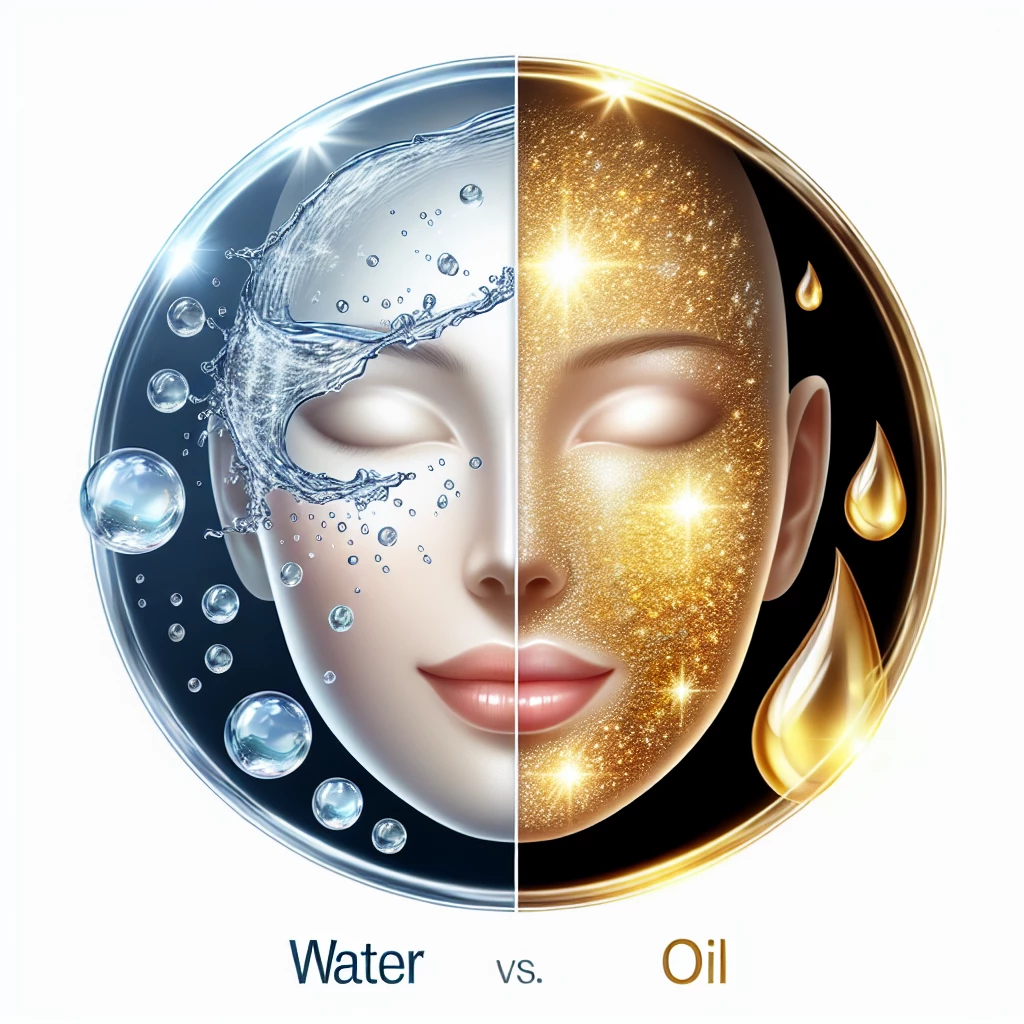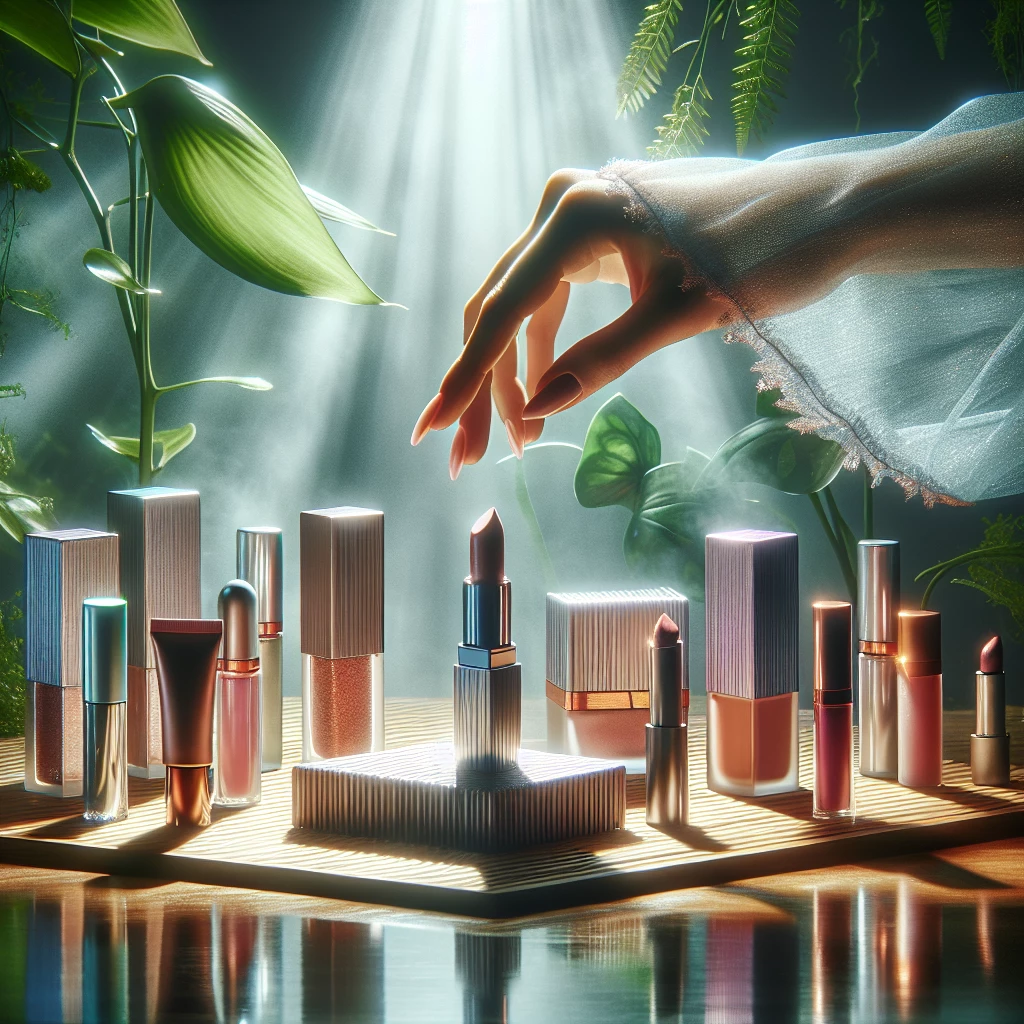The beauty industry is perpetually evolving, and one notable trend is the shift towards vegan cosmetics. As an advocate for healthier skin and a cruelty-free world, it is my duty to spotlight this emerging frontier in beauty. This article is dedicated to exploring the future of beauty-vegan cosmetics, their benefits, and why they represent an important breakthrough in makeup and skincare.
Understanding Vegan Cosmetics
To begin, understanding vegan cosmetics can sometimes be a bit of a labyrinth. In simple terms, vegan beauty refers to products that contain no animal-derived ingredients. This can range from honey and beeswax to more clandestine ingredients such as collagen, often sourced from wildlife.
This differs from 'cruelty-free' cosmetics, another pervasive term in the beauty industry. While both avoid animal testing, cruelty-free products may still contain animal-derived ingredients. On the other hand, vegan cosmetics maintain a clean slate; they're both cruelty-free and devoid of animal by-products.
The rise in vegan cosmetics is a direct response to an ever-growing consumer appetite for ethically-produced and healthier products. People are becoming increasingly conscientious about what they put onto their skin and demand transparency from beauty brands.
Why Vegan Cosmetics Represent the Future
Vegan cosmetics aren't just a trend but the future of the beauty industry. The trajectory of consumer behavior indicates that ethics and transparency aren't just important but essential in makeup and skincare brands.
Embracing vegan cosmetics isn't merely a step towards a more ethical approach to beauty but also a leap towards healthier skin. Animal-derived ingredients can often be harsh and cause skin irritation. Vegan makeup and skincare on the other hand generally emphasize natural, gentle ingredients that are kinder to our skin.
A transition to vegan cosmetics also signifies a more sustainable approach to beauty. Traditional methods of sourcing animal-derived ingredients can have a significant environmental impact. Adopting vegan beauty products thus contributes to a more sustainable planet.
Benefits of Incorporating Vegan Cosmetics into Your Routine
Incorporating vegan cosmetics into your routine offers a plethora of benefits. Vegan beauty products often tend to be gentler and suit a range of skin types, from sensitive to oily. They provide the moisture and care your skin needs without the harsh side effects.
From a holistic standpoint, utilizing vegan cosmetics promotes a cleaner lifestyle. Not only will it make you a more conscientious consumer, but it also eliminates the risk of applying potentially harmful animal-derived ingredients onto your skin.
Lastly, switching to vegan cosmetics means you're lending your voice to the cruelty-free movement. It's a small yet crucial step towards advocating against animal testing and creating a more compassionate world.
In conclusion, vegan cosmetics truly signify the future of the beauty industry. They represent the ideal marriage between ethics, health, and efficacy in beauty and skincare. Let's embrace this shift and strive towards a cruelty-free, healthier future for both ourselves, and our beloved planet.

Age Gracefully: Mature Skin Care
Delve into the changes that come with aging skin and the best practices to ensure its health and vitality.

Vitamins for Victory: Skin Nutrients
Discover the key vitamins that contribute to skin health and the best ways to incorporate them into your skincare routine.

Exfoliation 101: Clearing the Surface
Dive into the process of exfoliation, uncovering its benefits and learning how to properly exfoliate for brighter, smoother skin.

Skin Hydration: Water vs. Oil
Get insight into the importance of hydration in skincare routines and understand the difference between water-based and oil-based products.
